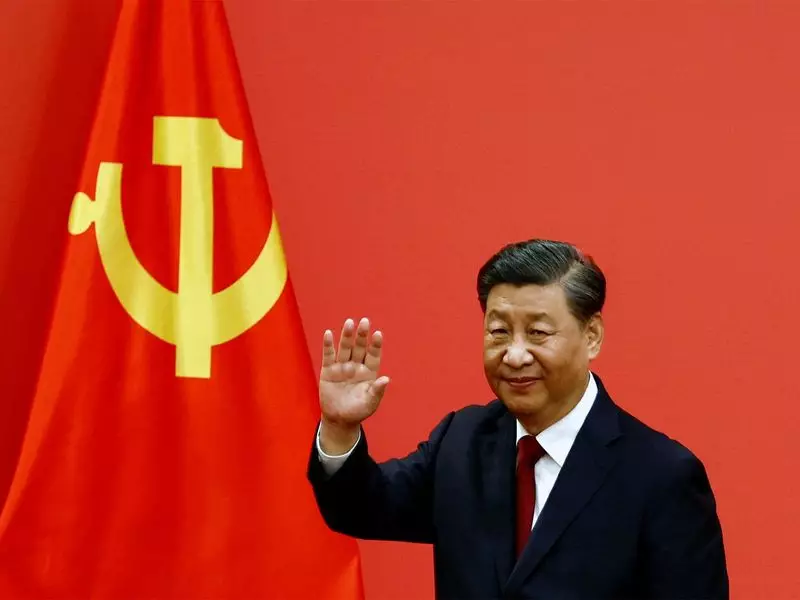
The Chinese Communist Party has initiated one of its most significant internal purges in recent years, targeting high-ranking officials across multiple critical sectors. This sweeping campaign reflects President Xi Jinping's continued efforts to consolidate power and eliminate potential threats within the party apparatus.
Military and Financial Sectors Under Scanner
According to recent reports, the purge has particularly focused on the People's Liberation Army (PLA) rocket force and China's financial regulatory bodies. Several senior military officials have been removed from their positions amid allegations of corruption and misconduct. The investigations appear to be comprehensive, affecting both operational and strategic levels within these vital institutions.
Timing and Strategic Implications
The timing of this political shakeup is noteworthy, occurring as China faces numerous economic challenges and increasing geopolitical tensions. Many analysts suggest this represents Xi Jinping's attempt to strengthen his control ahead of crucial political meetings and amid slowing economic growth. The removal of key officials signals a significant restructuring of power dynamics within the party's upper echelons.
Impact on International Relations
For India and other neighboring countries, these developments carry substantial implications. Political instability within China could affect border negotiations, trade relationships, and regional security dynamics. The targeting of military officials specifically raises questions about potential shifts in China's strategic posture toward its neighbors.
Historical Context of Party Purges
This isn't the first time the Chinese Communist Party has engaged in such internal cleansing operations. However, the scale and targeting of specific sectors suggest a more calculated approach than previous campaigns. The current purge appears designed to remove officials who might challenge Xi's authority or impede his policy objectives.
Economic Considerations
The inclusion of financial regulators in the purge indicates concerns about economic management during a period of significant financial stress. China's economy has been struggling with multiple challenges, including property market crises, local government debt, and slowing export growth. The removal of financial officials may represent an attempt to address these issues through personnel changes.
As the situation continues to develop, international observers are closely monitoring how these internal party dynamics might influence China's foreign policy, particularly regarding its relationships with India and other Asian nations. The outcomes of this purge could have far-reaching consequences for regional stability and global economic patterns.





